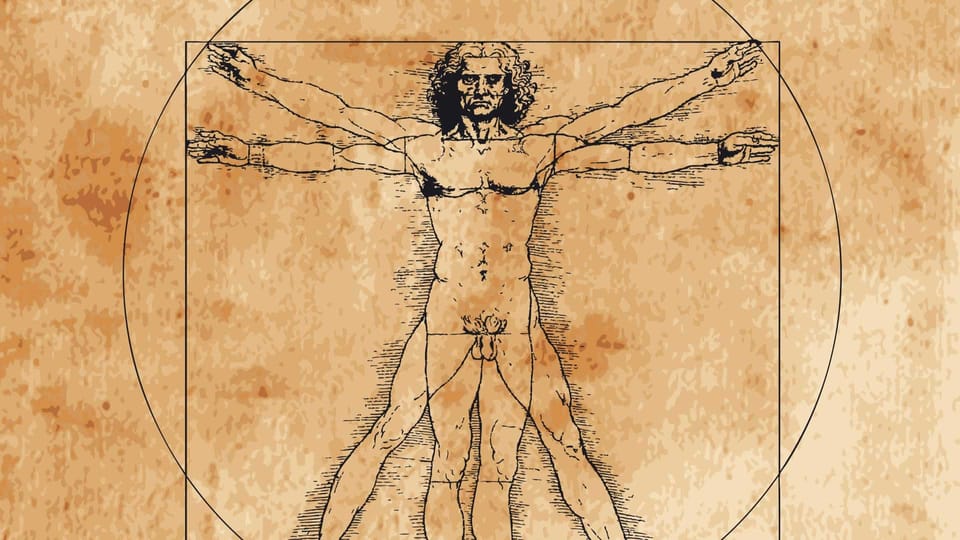Whole Beings, Rightly Oriented to God

Marc Cortez, a professor of theology at Wheaton College, sometimes likes to ask his students to brainstorm all of the things they think contribute to spiritual growth.
Students begin to list things you may expect: read the Bible, pray, go to church. These are good answers, but something’s missing.
Only once has someone mentioned the body: things like nutrition, sleep, and exercise.
Cortez then asks the students why they didn’t list physical factors, especially since the students, many of whom are counselors, believe them to be important. He tends to get two reactions.
The first is, “Oh, yeah, you’re right. I can’t believe I missed that.” They then discuss why the word spiritual tends to make people think of disembodied practices, when the Bible teaches a holistic view of humans.
The second reaction is that looking after your body is important, but only inasmuch as they help us read the Bible and pray. In other words, they think that the spiritual matters more than the physical.
When Cortez asks what practices lead to human flourishing, he gets a completely different list of practices. “Why do we think of human flourishing and spiritual formation as different things?” he asks.
Cortez believes that we need to recapture a view of spirituality that sees us as whole beings — body and soul — rightly oriented to God.
(For more from Cortez, check out his interview with Preston Sprinkle or his book Theological Anthropology: A Guide for the Perplexed.
Whole Beings
For centuries we’ve tended to separate the soul and body as if they are two different things. God made us whole beings. He calls us to love God with our whole beings too.
We don’t just care for our bodies so that we can pursue God with our spirits. We care for our entire beings so that we can pursue God with our whole lives. God cares about all of us.
So when you brainstorm all the things that will lead you to grow spiritually, include things like Bible reading, prayer, and going to church. But consider what allows you to orient your entire being to God, to live for his glory, and to seek him with all of your strength.
As I write in How to Grow:
The gospel is meant to change every part of our lives. Looking after our bodies is an important part of our stewardship before God for so many reasons. We’re embodied beings, and we need to recover a high view of the body as an important part of what it means to be human. Because we belong to God, our bodies have become His property and residence, and we’re responsible to look after them (1 Cor. 6:19–20). We can’t function well in other areas of our life—including spiritually—if we don’t care for our bodies.
Your body matters. So look after your body. Get the sleep you need. Eat well. Move a little more. See yourself as a holistic being, not just a spirit stuck in a body. Learn what helps you flourish. Think of yourself as a whole being, and orient your entire life toward God.






